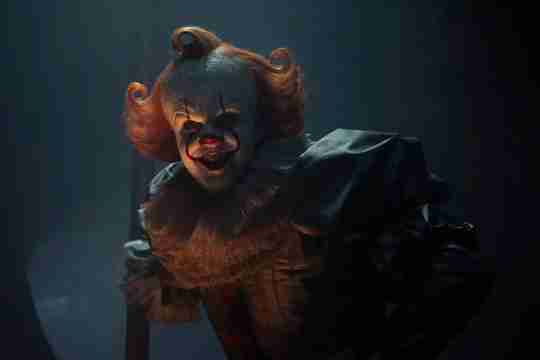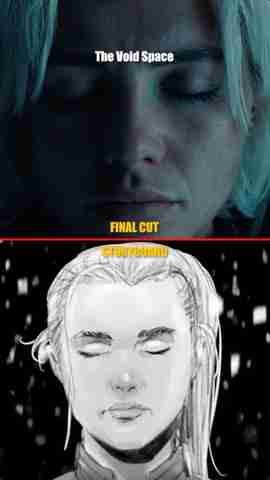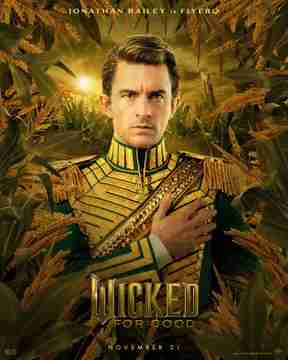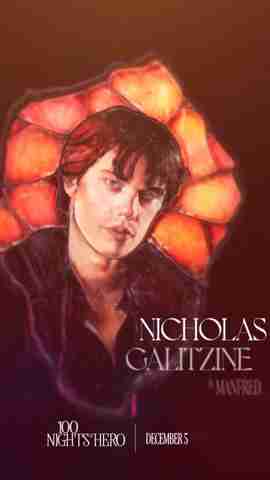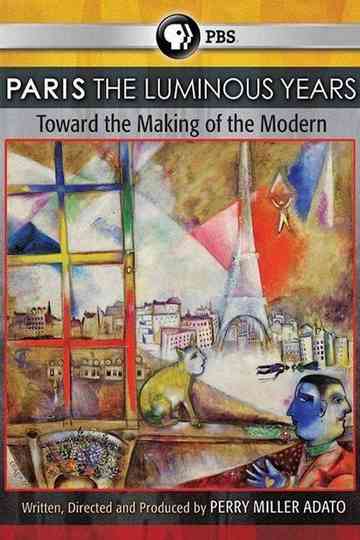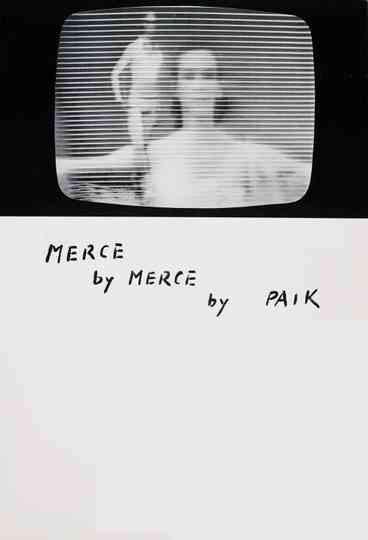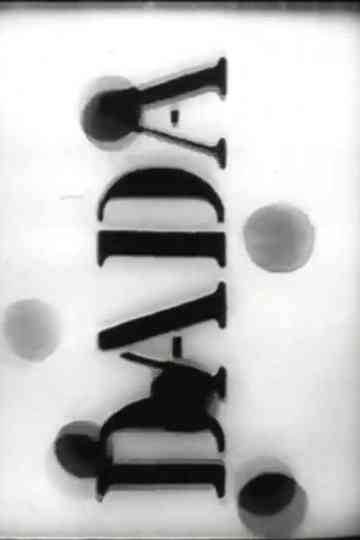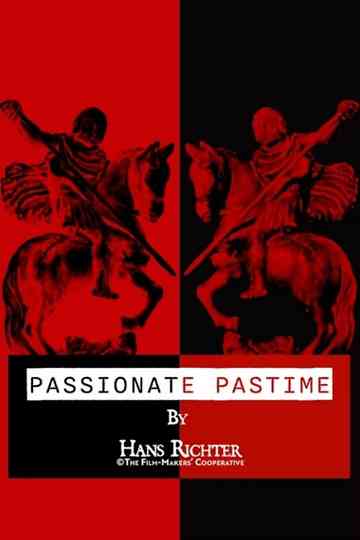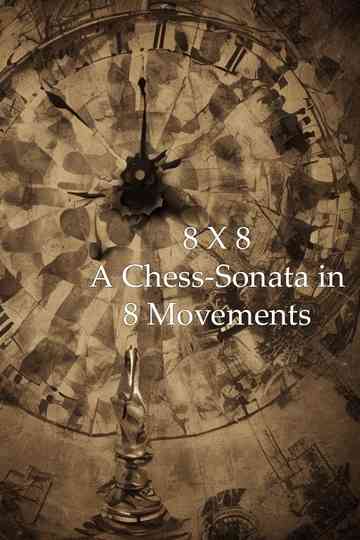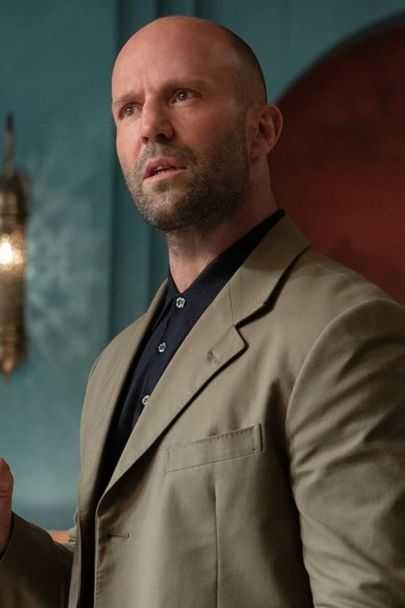Marcel Duchamp Biography
Henri-Robert-Marcel Duchamp was a French, naturalized American painter, sculptor, chess player and writer whose work is associated with Cubism, conceptual art and Dada, although he was careful about his use of the term Dada and was not directly associated with Dada groups. Duchamp is commonly regarded, along with Pablo Picasso and Henri Matisse, as one of the three artists who helped to define the revolutionary developments in the plastic arts in the opening decades of the twentieth century, responsible for significant developments in painting and sculpture.
Duchamp has had an immense impact on twentieth-century and twenty first-century art. By World War I, he had rejected the work of many of his fellow artists (like Henri Matisse) as "retinal" art, intended only to please the eye. Instead, Duchamp wanted to use art to serve the mind. He is considered by many critics to be one of the most important artists of the 20th century, and his output influenced the development of post–World War I Western art.
He challenged conventional thought about artistic processes and rejected the emerging art market, through subversive anti-art. He famously dubbed a urinal art and named it Fountain.







